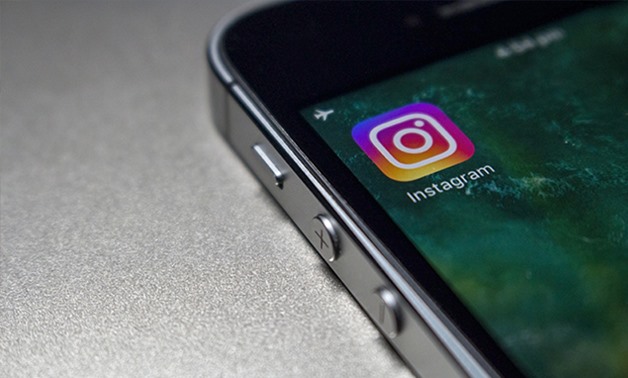
Instgram- CC via Pixabay/jieun1605
CAIRO – 18 June 2017: The most used social media networks are Facebook, Instagram, YouTube, Snapchat and Twitter. Four out of the five social media platforms harm young adults and teenagers’ mental health. According to research by two health organizations, Instagram is the most damaging one.
One of the surveys (the Status of Mind Survey), which was published by the United kingdom’s Royal Society for Public Health (RSPH), stated that social media platforms impacted 14 different issues related to mental or physical health.
The survey carried out on 1,479 people from the age of 14 to 24 years old, deduced that Instagram is deepening young people’s feeling of inadequacy and anxiety.
The survey also concluded that Snapchat, Facebook and Twitter are also harmful, but not as harmful as Instagram. However, YouTube has positive impact on young adults and teenagers because it raises people’s awareness of different mental health problems, therefore decreasing respondents’ levels of depression, anxiety and loneliness. However, they all received negative marks as platforms for bullying and body shaming, adding that they all increase the fear of missing out.
Social media can create unrealistic expectations, feelings of inadequacy and low self-esteem. Girls and women who feel insecure can use Instagram to add filters and edit their pictures in order to look perfect, as stated in the survey.
The four social media platforms have negative impact on teenagers and young adults because it will affect their body image, may lead to bullying, sleep problems and feeling anxious.
In the study, they discovered that young people are suffering from cyber bullying through these platforms, which is so stressing that it could lead to suicide.
Social media can be a good source of information for people, however some types of online information may have negative impact on people’s feelings and can make them vulnerable.
RSPH is calling on social media to reduce its harmful effects on teens and young adults by putting warning pop ups if someone is using the application for too long.

Comments
Leave a Comment